Having received awards such as the Vietnam Writers Association Awards 2022 and 2025, the Cliff Becker Translation Literature Award, the Literature and Arts Award (of the Vietnam Union of Literature and Arts Associations) in 2021, poet Tran Le Khanh is a quiet and very private writer.
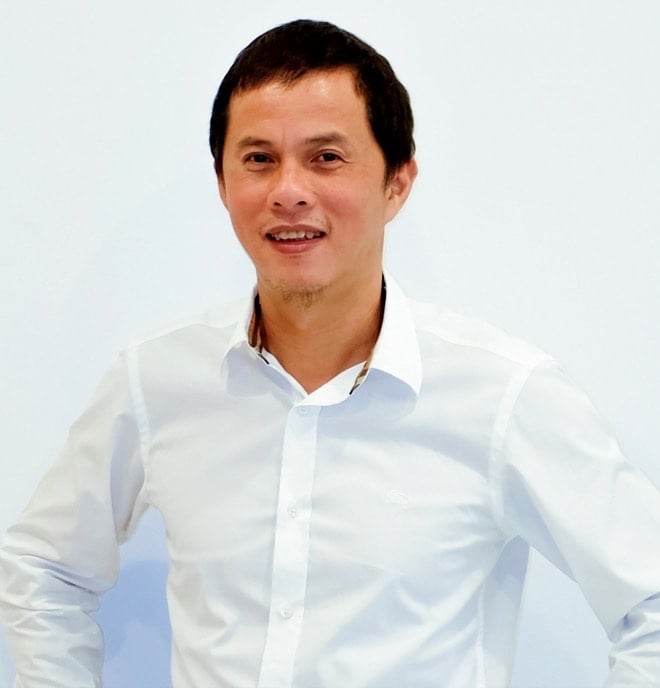
As the translator of the poetry collection “Dong” by poet Tran Le Khanh with 100 poems in the Luc Bat style, which just won the 2025 Vietnam Writers Association Award, into English, American poet and translator Bruce Weigl shared: “I want to emphasize that poet Tran Le Khanh has broken all traditional barriers to reach a level of poetic expression that I have never seen before, at least in my experience. I admire these poems. They are truly excellent and important and meaningful works.”
Poet Tran Le Khanh was born in 1971 in Hoa Binh, from Bac Ninh. He currently lives and works in Ho Chi Minh City. His childhood was a time of “moving”. When he was young, he lived in Kim Boi ( Hoa Binh ), when he was 5 years old, he lived in Bao Loc (Lam Dong) and then at the age of 9, he followed his father to Ho Chi Minh City. “My childhood was nothing special”, poet Tran Le Khanh shared. “But it was my connection with nature, forest trees and corn fields. Continuous illnesses made me always miserable. I also went through many jobs to help my parents make a living such as selling coffee, selling ice cream, selling rice, raising pigs, working on corn fields, raising fish, sewing clothes, selling beer… But above all, there were beautiful innocent childhood friendships. Perhaps all of these things are important foundations that helped shape my personality and character when I grew up, and formed my inner world”.
Poet Tran Le Khanh did not come to poetry with memories and recollections. He walked on the path of poetry by going on a journey of discovering things he had never known, in the sense of the “vertical axis”. For him, every discovery, even scientific discovery, is a discovery on the “horizontal axis”, which helps each person to progress, helps the world develop, helps us gain more knowledge, earn more money, add everything that people think will bring satisfaction or even happiness. As for the “vertical axis”, for him, it is consciousness, the moment of the present, something that he himself cannot grasp whether he has really “earned” anything or not. It is a challenging journey of discovery: “Some people consider it interesting, but for me, it is perhaps the most important “survival” discovery of a lifetime. I deeply feel that poetry has helped me a lot on this journey of discovery. Poetry is an expression”.
On his poetic journey, poet Tran Le Khanh chose the six-eight verse form to express his inner thoughts:
“Nothing is more real than the human face
There is nothing more virtual than these ten lives.
Sad sun crosses the tree line
"The monk's robe will not wrinkle for a hundred years"
(Excerpt from Land 67, poetry collection Dong)
For poet Tran Le Khanh, Luc Bat is a strange and magical poetic form, the most unique and national type: "The strange thing is that it is very easy to do, anyone can do it, just need to rhyme to have a poem, even accidentally have a good verse, but to have a good Luc Bat poem is very difficult". Poet Tran Le Khanh shared. “The rhyme characteristics of lục bát are like “honey”, it helps the poem to be sweet and easy to read, easy to enter the heart. But the problem is if we try to translate a lục bát poem into a foreign language, meaning we have to remove this “honey” layer, will the poem still be good? That is a big challenge. So for me, it is necessary to save the narrow space of 6 and 8 words, so that it can convey an “inner thought”, a poetic soul, a poetic context. Each word is a precious stone that we have to filter, on the contrary, it will be a poetic form that helps us to sublimate. It is very coincidental like a word game, that we do not know where the destination is when we put the pen down. When we arrive, it is the beginning for us to return, and contemplate, and if successful, I call it a miracle”. Because of these things, Tran Le Khanh chose Luc Bat, went through it, went forever but still never saw the end, only saw the road was still very long and very challenging. For him, conveying thoughts is completely different from transmitting inner emotions. The first has a purpose, the second does not.

Although the external form of Tran Le Khanh's poetry is the traditional six-eight meter, internally, it is a breakthrough in language, revealing the invisible, seemingly a free exploration of emotions but anchored in rational views of life.
“I grow the hair on my head
No need to think about those heartless words"
(Country 25)
Poet Tran Le Khanh confided that he does not advocate writing poetry to express inner emotions, although to write a poem, the first thing needed is to have emotions. This emotion, to him, is like taking a sip of wine, rather than getting drunk. Because emotions are personal to each person, they should not be displayed under words. But that is also the catalyst for him to go into each word to contemplate this world. A world "as it is" as it is. And when contemplating like that, what is left exposed, in the end, is a seed, a non-conceptual concept: "I use the word non-conceptual here because poetry will bring these contemplations, that moment of ecstasy will bring, not bringing rational views of life into poetry. I believe that they will meet at some point".
Previously, Tran Le Khanh did not think he would come to poetry. He thought that poetry was never about rhyme and he himself did not like rhyme. Surprisingly, in 2016, he decided to release his first collection of poems, "Luc Bat Dance". Because of his life process, and a long enough time to travel around the world, Tran Le Khanh discovered spiritual lands, and most importantly, to him, followed meditation methods. Starting to write seriously in 2015, by 2016, Tran Le Khanh had composed two or three collections of poems. He decided to choose "Luc Bat Dance" as his first book, simply because he loved Luc Bat very much. Luc Bat had a gravitational pull that pulled him forward, and from then until now, he has continuously composed and published collections of poems. Each year he releases one collection. Tran Le Khanh's poetry journey has been 10 years, with many prestigious literary awards.
For poet Tran Le Khanh, composing is completely passive, he writes down whatever he can, but at the same time, he also forms a disciplined framework as a job. When he can write, he thinks he will print it right away. Every time a book of poetry is published, he has the opportunity to review it, and when there are readers, they also review it for him. Then, he can "put" that book of poetry aside to continue writing new verses. Tran Le Khanh's view on composing is quite strict. If a poem or a book of poetry does not have "originality", it is considered a failure. Originality is finding a new verse, a new context that others have not done:
“I don’t think there is good poetry and bad poetry. Because 100% of the people who write poetry, if that poem is not the best in the world for them, then it is not a poem. That is their feeling at that time, it must be the best for them at that time. So I use the word “quality” instead of the word “good or bad”, it will be more suitable. To have a “quality” book of poetry for readers, it needs to be original, a creation of one’s own, unlike anyone else’s. And in this journey, I “admit” that I have a few sentences that I find new, so I boldly print them out. But honestly, there is no clear definition of this “originality”, many times after printing, when reading them again, I find that the poetry I wrote is not good at all”.
Since 2016, poet Tran Le Khanh has introduced to readers many poetry collections such as “Luc Bat Dance”, “Dong Song Khong Hau”, “Ngay Nhu Chiec La”, “Luc Bat Dance Complete Set”, “Giot Nang Tran Ly”, “Xu”, “Ngan Bai Tho Khac Khac”, “Dong”, “The Beginning of Water” at White Pine Press, USA… And he is about to introduce the poetry collection “The Sum of Now” in the USA.
Source: https://daidoanket.vn/nha-tho-tran-le-khanh-luc-bat-la-the-tho-ky-dieu-10301328.html


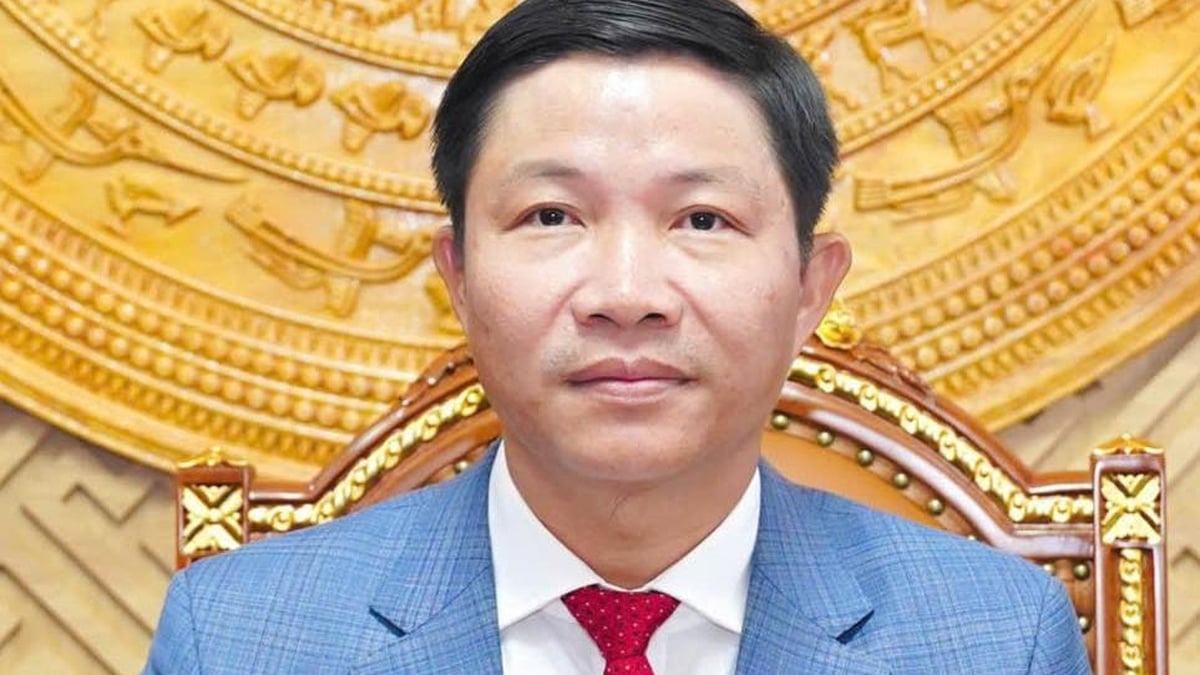
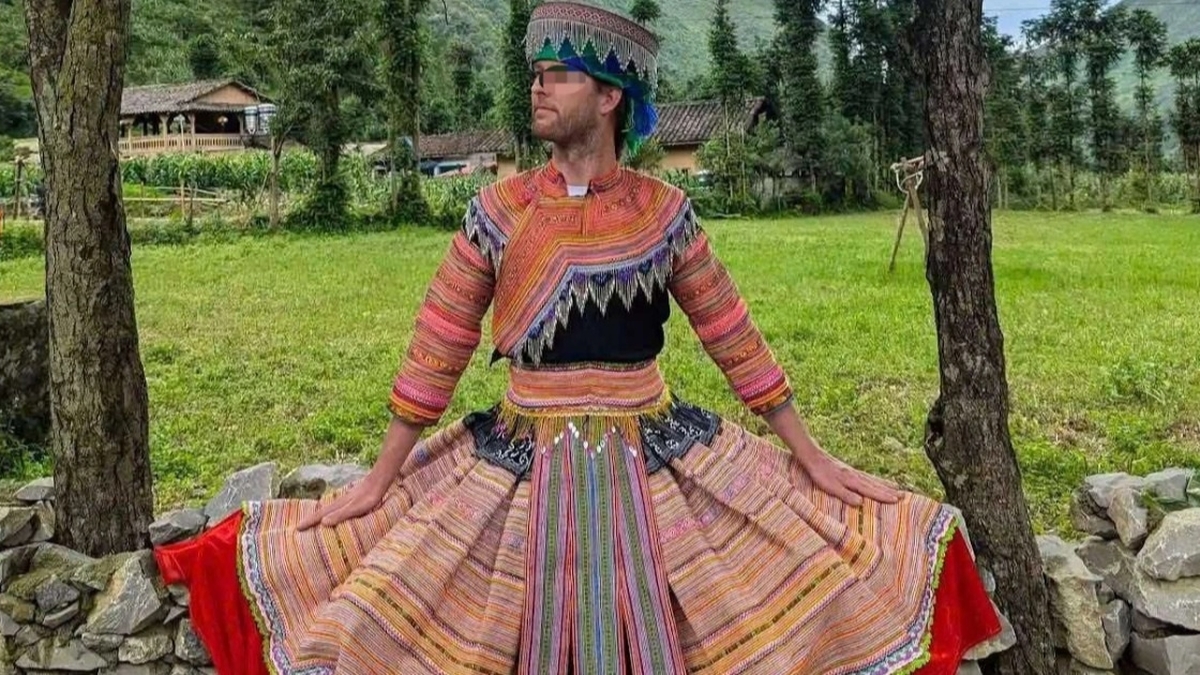
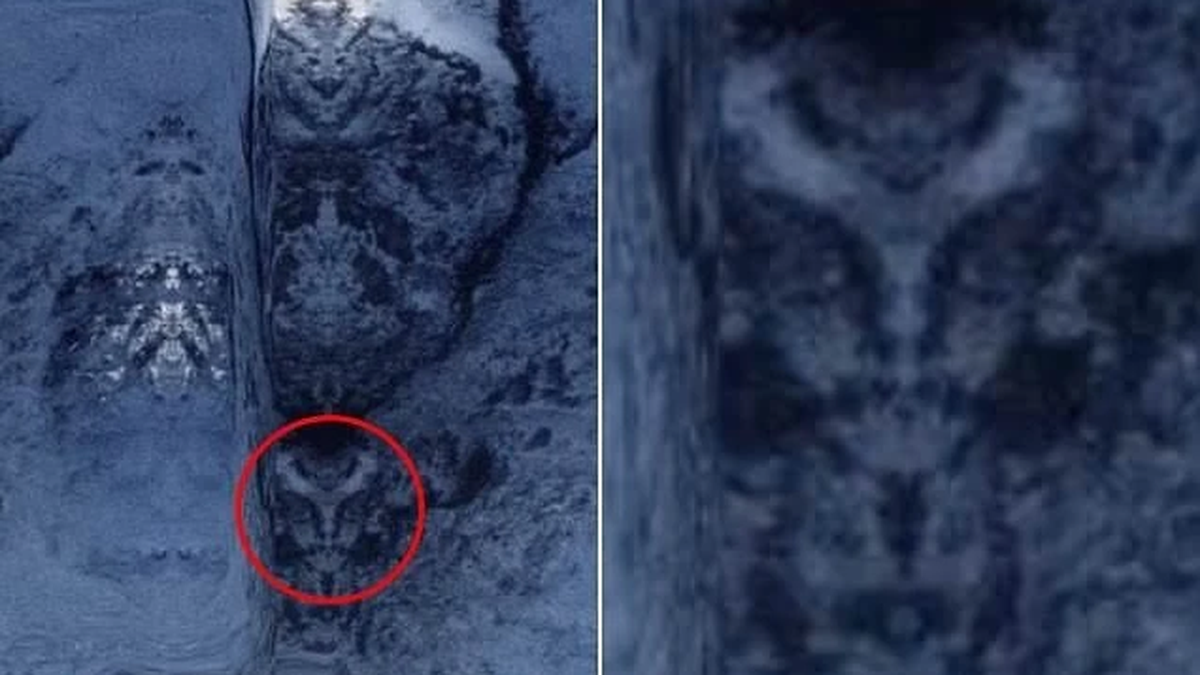
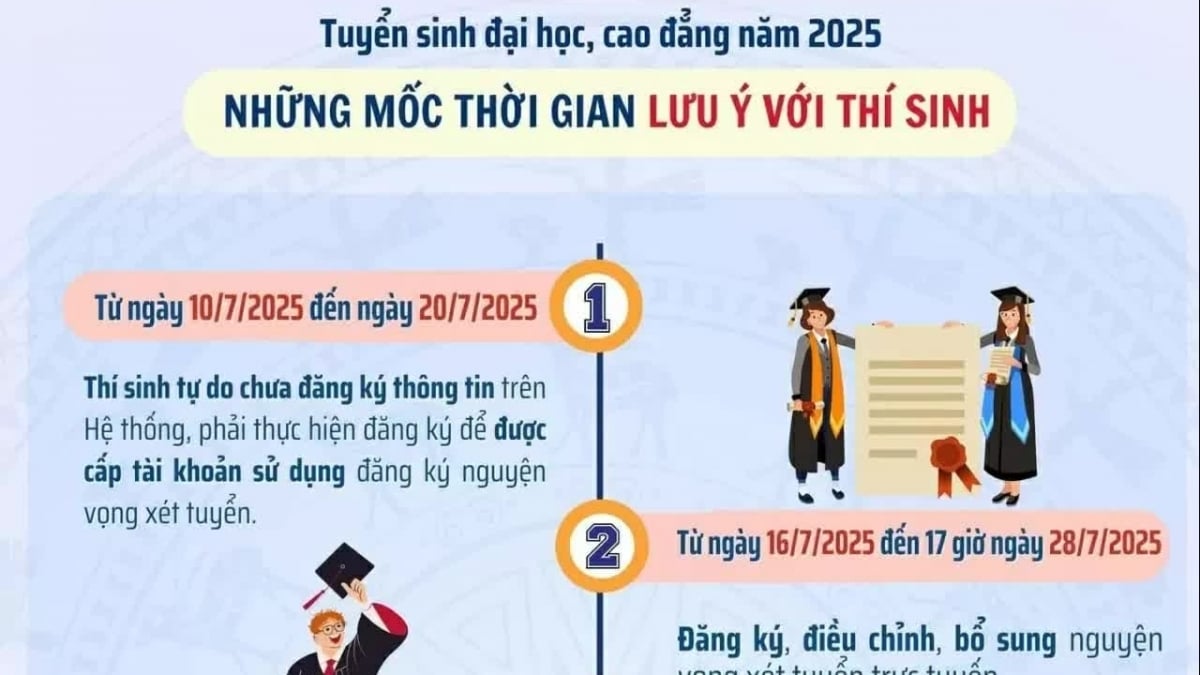

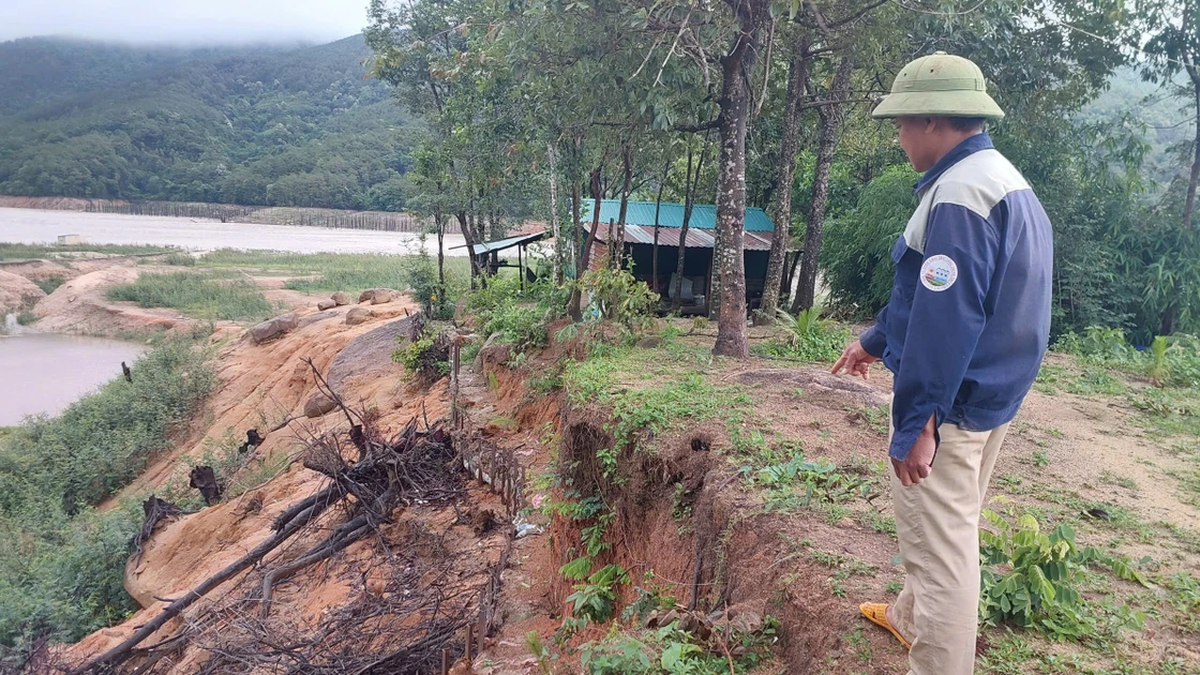


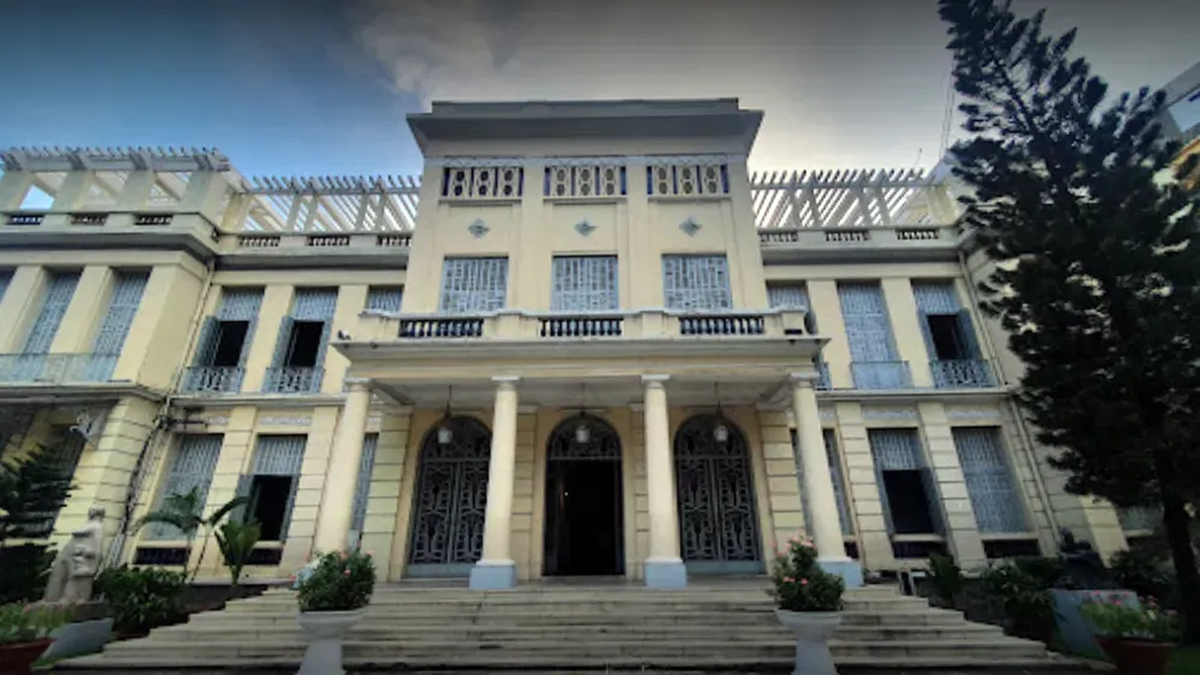











![[Photo] Nghe An: Provincial Road 543D seriously eroded due to floods](https://vphoto.vietnam.vn/thumb/1200x675/vietnam/resource/IMAGE/2025/8/5/5759d3837c26428799f6d929fa274493)


![[Photo] Discover the "wonder" under the sea of Gia Lai](https://vphoto.vietnam.vn/thumb/1200x675/vietnam/resource/IMAGE/2025/8/6/befd4a58bb1245419e86ebe353525f97)








































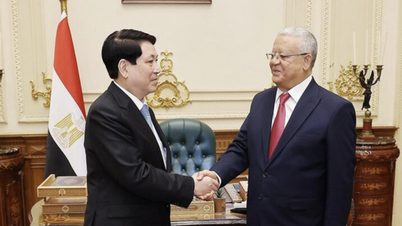



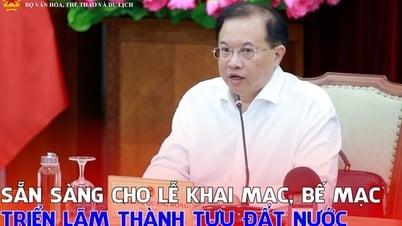
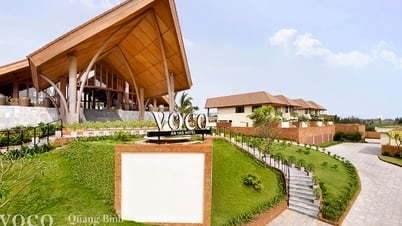

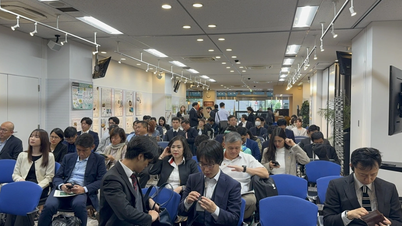






















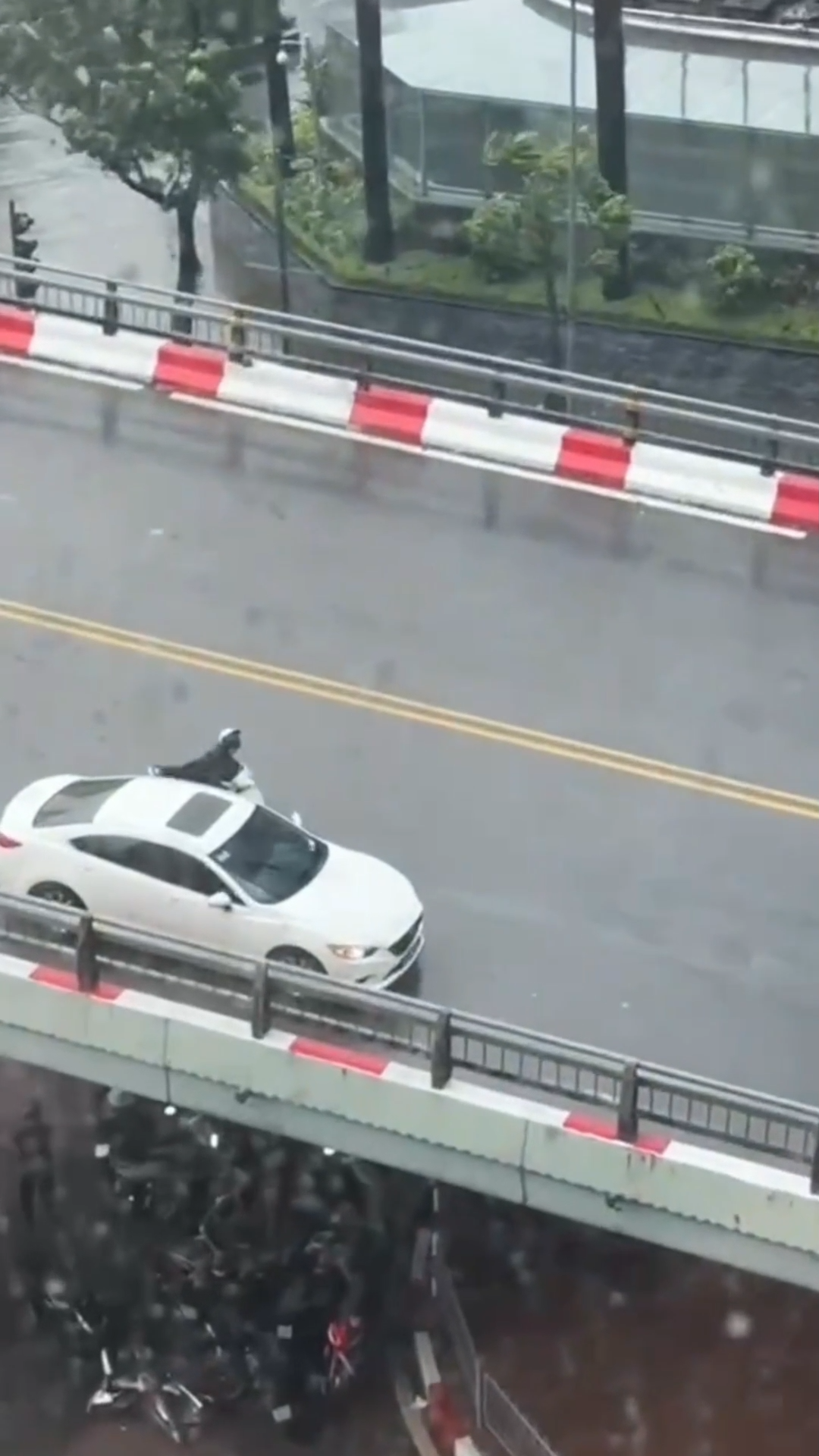

Comment (0)